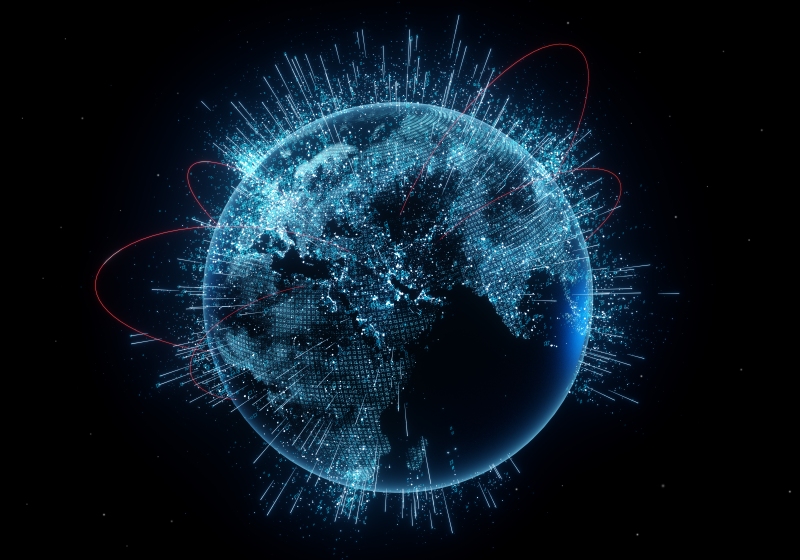- by theguardian
- 21 Sep 2023
Technology is transforming global treaties - TechCrunch
Technology is transforming global treaties - TechCrunch
- by google
- 10 Nov 2021
- in technology

The TechCrunch Global Affairs Project examines the increasingly intertwined relationship between the tech sector and global politics.
The word âtreatiesâ doesnât exactly conjure images of modernity so much as a dusty history book. But as with other aspects of business and society, technology is rapidly changing how treaties are monitored and enforced â with profound implications for global governance and international law.
Treaties are legally binding international agreements between countries. Pick any major issue affecting the planet or people and there is probably a treaty regulating the matter. Climate change, biodiversity, human rights, refugees, labor, shipping, transnational crime and fisheries are among the fields governed by global treaties, which count most countries â the U.S.-included â among their members. Treaties are central to global governance, underpinning most U.N. Sustainable Development Goals, for instance.
But for treaties to work â we need to be able to quickly and accurately discern compliance and results. This has been historically challenging â violators by nature are inclined to subterfuge. And even in areas of cooperation, like scientific measurement and assessments, imprecise, infrequent and inaccurate data can prevent signatories from understanding how a problem is evolving or if their solutions are helping.
To meet this challenge, across dozens of treaties, research communities are marshalling new technologies to produce fertile ecosystems delivering untold levels of data and knowledge on underlying conditions and results measurement.
Technology is generating orders of magnitude increases in data quantities. Vast ecosystems of instrumentation and computing hardware are being deployed. Increasingly today scientific communities and governments combine remote sensing and Earth observation (EO) satellites, cloud computing, artificial intelligence (AI), machine learning (ML), and modeling and visualization tools. As we get better at processing and analyzing these data, we are getting closer to delivering near real-time, global and more precise knowledge than ever before.
While individual technologies have made important contributions, the real power behind these developments is their use in combination. Together these technologies enable what I call âintelligent treaty systems.â
- by travelpulse
- descember 09, 2016
Resort Casinos Likely Scuttled Under Amended Bermuda Legislation
Premier announces changes to long-delayed project
read more





